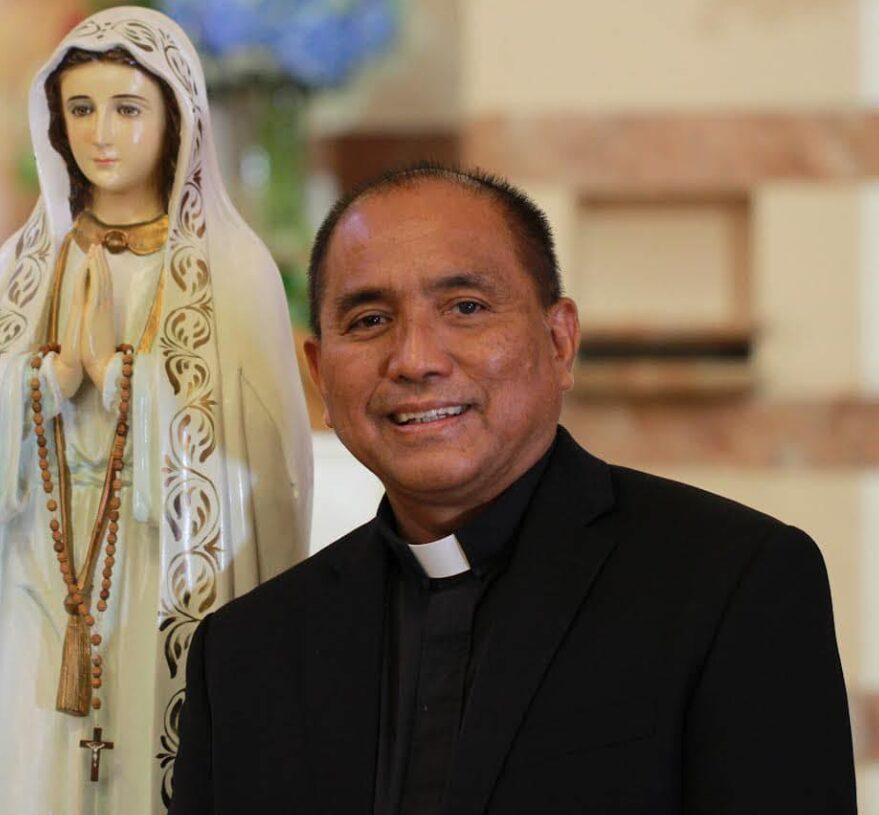I’ve been sharing with close friends that I am wrestling with the issue of suffering and grappling with the classic question of why bad things happen to good people, even in my role as a priest. “I’m still human after all,” I explain to them. “It’s not that I doubt my faith; it’s just that I am experiencing the pain of the human condition, like witnessing a loved one suffer,” I add.
However, I understand that amidst suffering, profound moments of grace and insight can arise, such as seeing a family grow closer together or witnessing personal growth in virtues like patience, resilience, and courage. Suffering has the potential to bring out the best version of ourselves, helping us to prevent frustrations and resentments from destroying our hope and positive spirits. Matthew Kelly conveys this attitude of growth in holiness in his book, The Four Signs of a Dynamic Catholic. He writes, “God calls you to holiness, and every triumph, trial, and tragedy is an opportunity to grow in holiness. When you work hard and pay attention to the details of your work, you grow in virtue and character—in holiness. When you are patient with your little sister or a customer who drives you crazy, you become more perfectly who God created you to be—and you grow in holiness. When you develop a daily routine of prayer and practice it persistently, you develop a closer relationship with God—and you grow in holiness. Every moment has meaning. Every moment of every day presents you with an opportunity to grow in holiness by loving God, loving your neighbor, and becoming the unique and wonderful person God created you to be.”
Viewing suffering from this perspective enables us to remain steadfast in faith and find meaning in witnessing a loved one endure pain. It makes the burden of grief easier to carry.
Observing family members come together during the painful experience of grief is a blessing. It reminds us that we do not carry the burden of grief alone; we are stronger when we support one another.
Indeed, the law of love is never far from us when we connect in the midst of suffering; it is near us, closer than we realize. As the Book of Deuteronomy (30:10-14) reminds us in this Sunday’s First Reading:
“For this command that I enjoin on you today is not too mysterious and remote for you. It is not up in the sky, that you should say, ‘Who will go up in the sky to get it for us and tell us of it, that we may carry it out?’ Nor is it across the sea, that you should say, ‘Who will cross the sea to get it for us and tell us of it, that we may carry it out?’ No, it is something very near to you, already in your mouths and in your hearts; you have only to carry it out.” Therefore, we find it easier to confront the mystery of pain and suffering when we view it through the lens of holiness—working to become the best version of ourselves while bonding together in love.
The story of the Good Samaritan in this Sunday’s Gospel (Luke 10:25-37) illustrates how a person can become the best version of themselves by stepping out of their comfort zone and taking risks to help someone in need. Ultimately, it’s not only the wounded man, the stranger, who is rescued; the Samaritan himself is also saved from his selfishness, hatred, and hypocrisy. This is the hope we find amidst suffering: that there are still good people willing to help others and that we should never lose faith in the goodness of those around us, especially our family members.
In Christ’s love,
Fr. Rodel “Odey” Balagtas
* * *
The opinions, beliefs and viewpoints expressed by the author do not necessarily reflect the opinions, beliefs and viewpoints of the Asian Journal, its management, editorial board and staff.
* * *
Fr. Rodel “Odey” Balagtas is the pastor of Incarnation Church in Glendale, California




